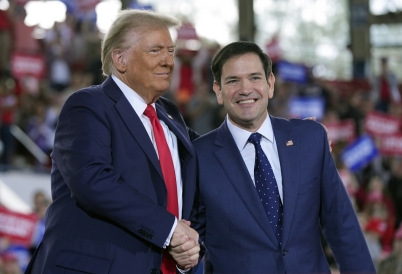Most leaders conveyed frustration or made requests to negotiate while some expressed gratitude for only getting the baseline rate.
News & Analysis
Voters will decide on April 13 between continuity or a return to correísmo amid security and economic challenges.
Get polling from Mexico, Brazil, Colombia, and more on how citizens are evaluating the new U.S. administration and its actions on tariffs and migration.
The U.S. secretary of state's visit focused on supporting the region’s oil and gas industry and addressing concerns related to Cuba, Haiti, and Venezuela.
"La oportunidad [de inversión en República Dominicana] era clara antes, pero es todavía más clara ahora", dijo la presidenta y CEO de AS/COA a la revista.
Ahead of April 2, trade expert Kellie Meiman Hock explains the motivators behind the shift in U.S. trade policy and what tariffs mean for the region.
As Mexico faces tariff threats and stagnant growth, "closing the workforce gap represents an economic opportunity," writes AS/COA's Carin Zissis in WPR.
FTI’s Pablo Zárate and ITAM’s Cecilia Farfán-Méndez explain what the U.S. security policy shift means for bilateral business and North American relations.
The Caribbean foreign minister replaces Luis Almagro with a promise to revive multilateralism through dialogue.
The Mexican president's "ability to negotiate puts her in a strong position," said the AS/COA Online editor-in-chief to the media outlet.
The U.S. president touched on the region when speaking about tariffs, criminal organizations, migration, and federal cuts.
This "is a rethinking of what trade really is and the importance of it to the United States," said the AS/COA vice president.
Migration experts Diego Chaves-González and João Jarochinski Silva explore Latin America’s reception of migrants, highlighting a novel strategy in Brazil.
Brookings’ security expert Vanda Felbab-Brown explains President Noboa’s security challenge. Will his Bukele-like hardline approach pay off?
For the new administration, the region is key to address issues such as migration and drug flows, said AS/COA's vice president.
February's vote pits President Noboa against a familiar correísta opponent in a context of security, electricity, and employment challenges.
Will incumbent Daniel Noboa face a rematch with Luisa González? And how are security and energy concerns affecting the race?
“We're the best friends of each other, and that's really important to remember,” said the AS/COA president and CEO.
It's clear the ''America First'' agenda will not ultimately succeed without getting the region right, writes Eric Farnsworth in The National Interest.
Who has the incoming president picked to serve in roles that deal with the Americas, like border czar and secretaries of state and the treasury?







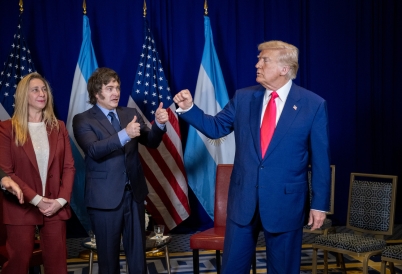
.jpg?h=656d62e0&itok=Ibk_Ml9z)
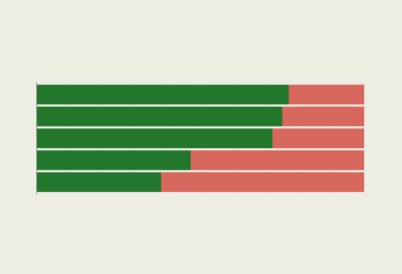
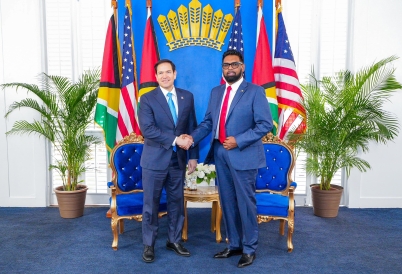
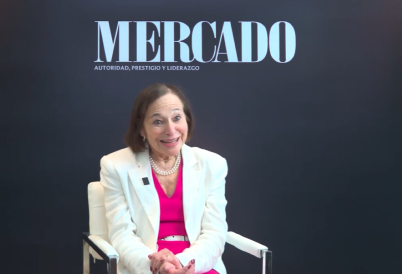
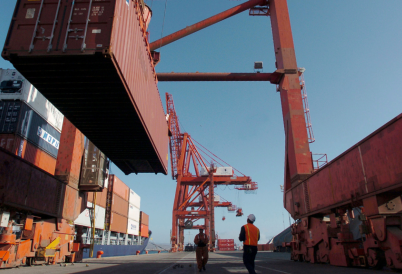
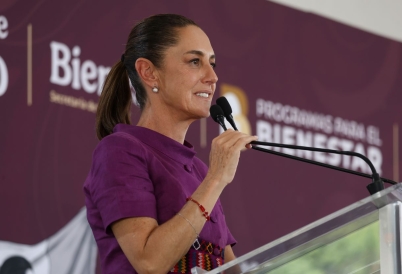
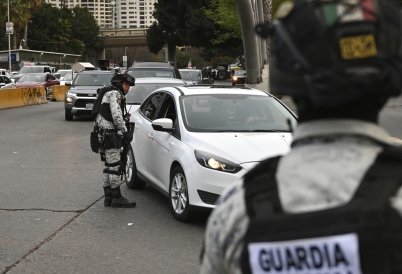
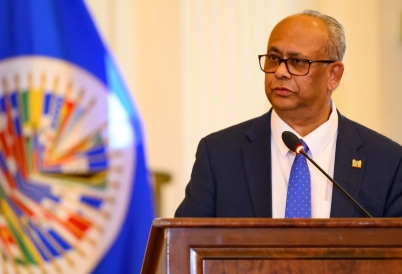
1250.JPG?h=b2e765f6&itok=OSxHyfIQ)
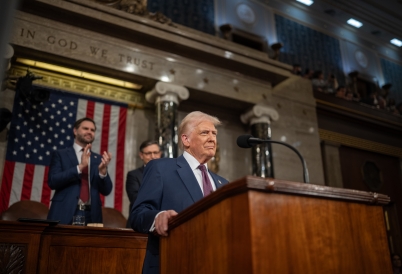
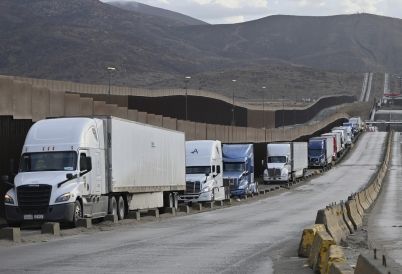
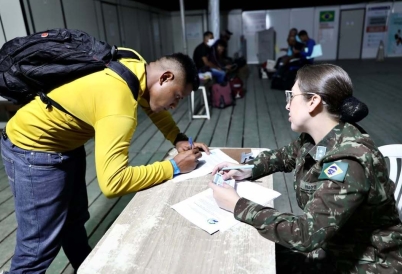

.png?h=bdb15eb3&itok=wPc-zUEG)
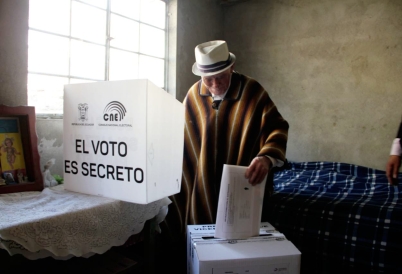

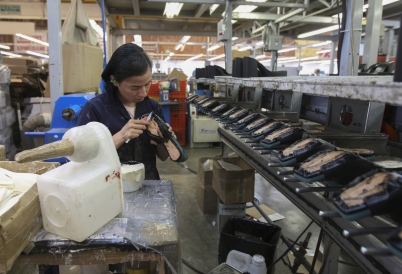
.jpg?h=fef4d8e8&itok=xo4N6vvQ)
